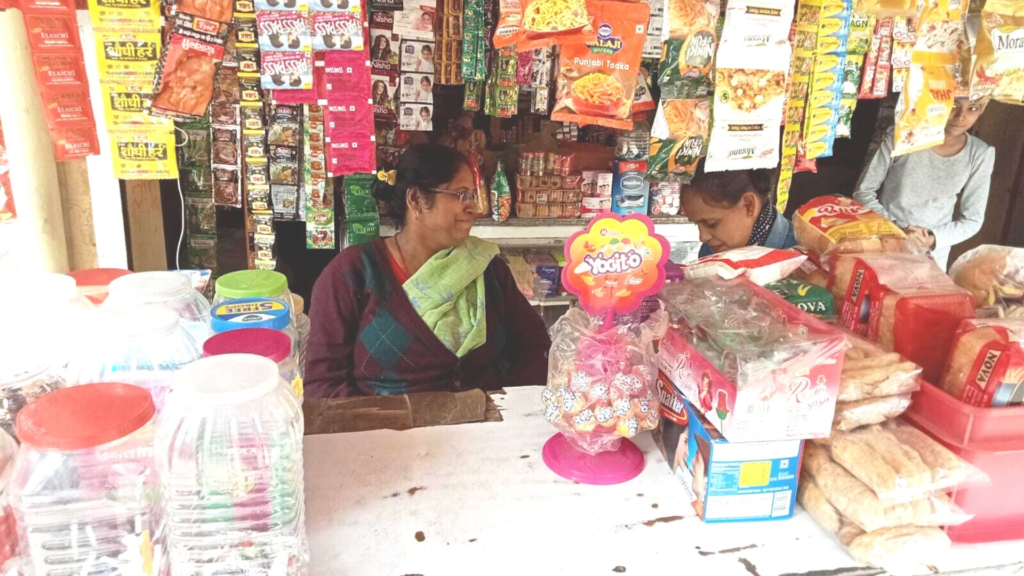
ClientName: ACCESS Development Services
Location: Lucknow and Kanpur
Background Context: Traditional Kirana shops, which women primarily own, make up a significant portion of India’s retail sector, but they face significant obstacles—the dearth of financial aid, lack of technical, marketing, and entrepreneurial skills, lack of self-confidence, and mobility restrictions. Thus, the “Samriddhi – Kirana for Women” program aimed to fill critical gaps that prevent women from owning, operating, and managing retail businesses.
Objectives
Development Solutions was commissioned to undertake a baseline, midline and endline survey to assess the key outcome indicators, such as level of ownership, agency, and decision-making, knowledge, and use of financial products, access to and comfort with digital finance, capacity development in business skills, and entrepreneurial drive.
Approach and Methodology
Method/ Design: The study adopted a pre-post mixed-methods approach for the evaluation. Quantitative data was collected on Kirana shop operations, ownership, legal status, customer-supplier relations, turnover, access and comfort with digital payment apps and other technological payment options, and smartphone proficiency. Information on access to credit, financial support, and capacity development was also collected.
Key Areas of Enquiry: The assessment design of the Kirana for Women project aimed to assess the key outcome indicators, such as level of ownership, agency, and decision-making, knowledge, and use of financial products, access to and comfort with digital finance, capacity development in business skills, and entrepreneurial drive.
Key Respondents/ Informants: Women Kirana Entrepreneurs (WKEs) and families of WKEs (husbands and in-laws).
Sample: Quantitative: 992 WKEs, along with 113 husbands from their households (Baseline), 1054 WKEs were surveyed, with 490 surveyed at both baseline and end-line, and 564 randomly sampled. Additionally, 129 husbands of WKEs were surveyed to understand their perspectives on women's engagement and agency in running the Kirana shops. Qualitative insights were obtained through 6 FGDs in Lucknow and Kanpur, and four women were selected for in-depth case studies during the midline and end-line interactions.
Impact
